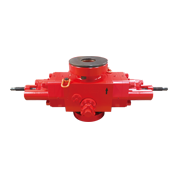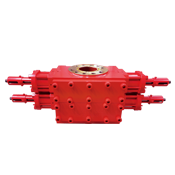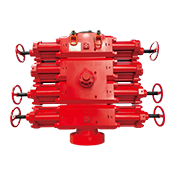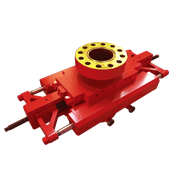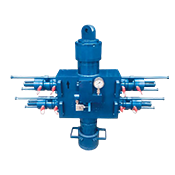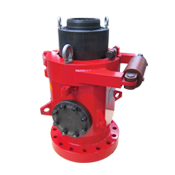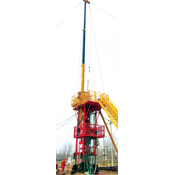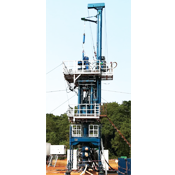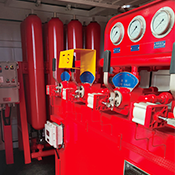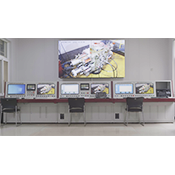Discover the Advantages of Customizing Your Working Machine with Gas Pressure Welding
2025-02-17
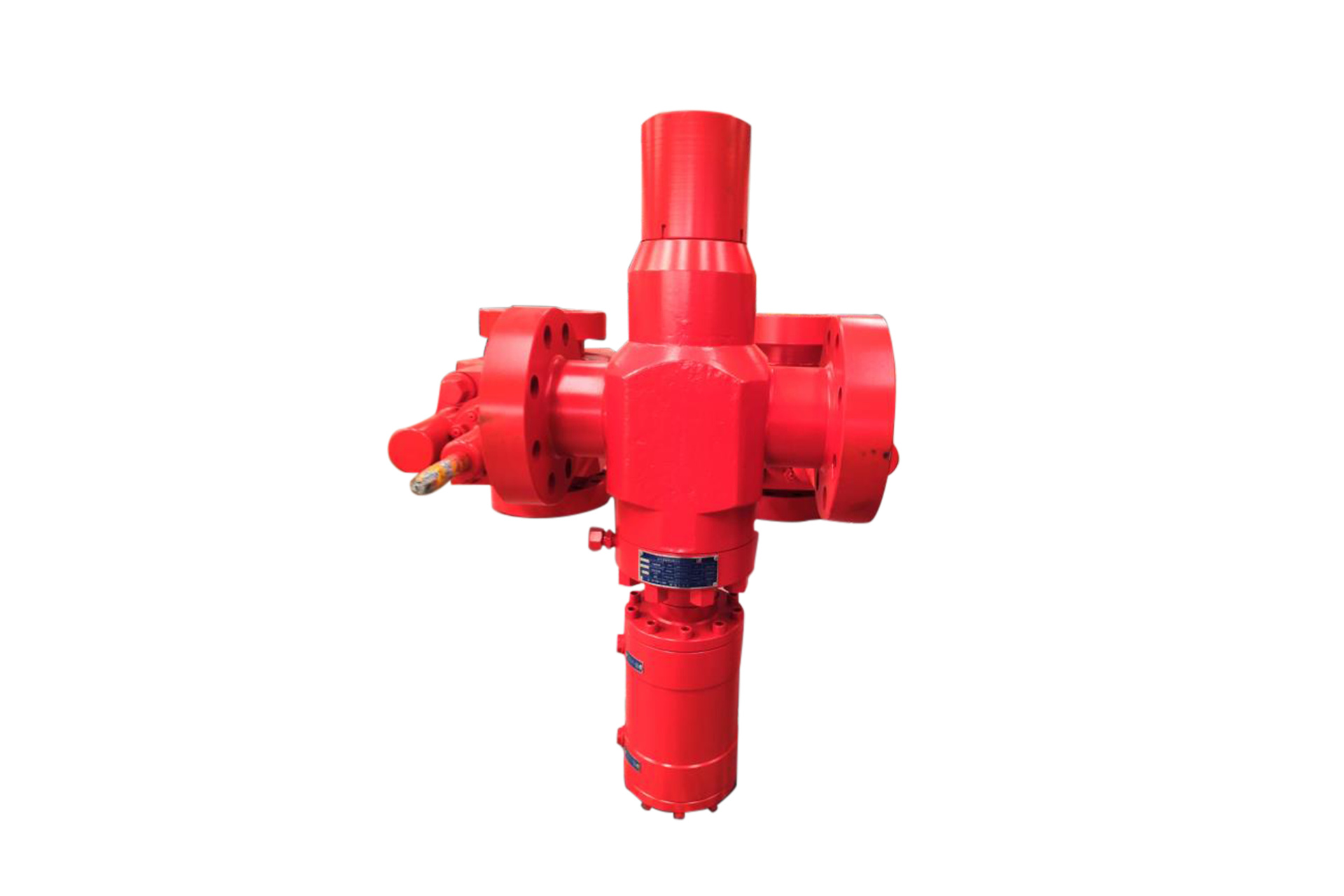
Discover the Advantages of Customizing Your Working Machine with Gas Pressure Welding
Introduction to Gas Pressure Welding in Agriculture
In the rapidly evolving world of agriculture, efficiency and customization are key to staying ahead. **Gas pressure welding** has emerged as a powerful method for enhancing the functionality of working machines. This welding technique not only boosts performance but also allows for significant customization, making it a vital tool for modern agricultural practices.
Understanding Gas Pressure Welding
Gas pressure welding is a unique process that combines heat and pressure to fuse materials together. It is particularly beneficial for **agricultural machinery** where durability and strength are paramount. The process involves the following steps:
1. Heat Application
Heat is applied to the base materials using a gas flame, creating a molten pool at the joint where the two parts meet.
2. Pressurization
Pressure is applied as the molten pool cools, causing the materials to bond at the molecular level.
3. Cooling
As the welded joint cools, it gains strength, resulting in a robust connection that can withstand heavy agricultural workloads.
The Benefits of Customizing Agricultural Machines with Gas Pressure Welding
Customizing your working machines through gas pressure welding offers numerous advantages:
1. Enhanced Durability
One of the primary benefits is increased durability. Custom welds can significantly improve the lifespan of your machinery, reducing the likelihood of breakdowns during critical farming operations.
2. Improved Performance
Tailoring the components of your machines through gas pressure welding can lead to improved performance. For instance, optimizing specific parts for better efficiency can enhance productivity on the field.
3. Cost-Effectiveness
While there may be initial costs associated with customization, the long-term savings are substantial. Reduced maintenance costs and increased operational efficiency can lead to significant savings over time.
4. Flexibility in Design
Gas pressure welding allows for greater design flexibility. Farmers can modify existing machinery or create specialized components that meet their specific needs, making it easier to adapt to various crops and terrains.
5. Compatibility with Various Materials
This welding technique is compatible with a variety of materials, including metals and alloys commonly used in agricultural machinery. This versatility allows for diverse applications and ensures that welds can be made on different components as needed.
Practical Applications of Customizations
The customization of agricultural machines using gas pressure welding can be applied across various domains:
1. Custom Attachments
Farmers can create custom attachments tailored to specific tasks, such as plowing or harvesting. This maximizes the efficiency of the equipment for the intended job.
2. Repairing and Reinforcing Components
Worn or damaged parts can be repaired and reinforced through gas pressure welding, extending the life of the equipment and minimizing the need for replacement.
3. Upgrading Machine Capabilities
By customizing components, operators can enhance existing machines to perform new tasks, adapting to the changing demands of modern agriculture.
Choosing the Right Gas Pressure Welding Technique
Selecting the appropriate welding technique is crucial for achieving the desired results. Here are some popular options:
1. Oxy-Acetylene Welding
This method utilizes a combination of oxygen and acetylene to produce a high-temperature flame ideal for welding. It is effective for thicker materials and provides excellent control over the welding process.
2. Oxy-Fuel Welding
Similar to oxy-acetylene, oxy-fuel welding uses a fuel gas and oxygen to generate heat. It is a versatile option suited for various applications in agricultural machinery.
3. MIG and TIG Welding
While not traditional gas pressure welding methods, Metal Inert Gas (MIG) and Tungsten Inert Gas (TIG) welding provide high-quality welds with precision, suitable for specific agricultural applications requiring intricate work.
Considerations When Customizing Your Machinery
Before embarking on customization, a few considerations should be made to ensure successful implementation:
1. Assessing Machine Requirements
Evaluate the specific needs of your machinery. Understanding the tasks at hand will help determine the necessary modifications.
2. Material Selection
Choose the right materials for welding. Compatibility with existing components is crucial for achieving strong welds.
3. Professional Expertise
Engaging professionals with expertise in gas pressure welding can ensure that your customizations are executed correctly. This minimizes risks associated with improper welding.
Case Studies: Successful Customizations with Gas Pressure Welding
Real-life examples can illustrate the benefits of gas pressure welding in agriculture:
1. Custom Plow Enhancements
One farmer integrated a gas pressure-welded attachment to their plow, allowing for deeper soil penetration and improved aeration, resulting in healthier crops.
2. Harvesting Efficiency
A company specializing in harvesting equipment customized their machines with gas pressure welding to create specialized cutting blades that improved efficiency and reduced downtime during harvest.
Future Trends in Agricultural Machine Customization
As technology advances, we can expect to see exciting developments in the field of gas pressure welding:
1. Integration of Automation
Future customization processes may incorporate automated welding systems, further enhancing precision and efficiency.
2. Smart Materials
The use of smart materials that adapt to environmental conditions will likely gain traction, allowing for even more effective customizations.
3. Sustainable Practices
As the emphasis on sustainability grows, gas pressure welding techniques will evolve to incorporate eco-friendly materials and processes.
FAQs about Customizing Agricultural Machines with Gas Pressure Welding
1. What is gas pressure welding?
Gas pressure welding is a method that combines heat and pressure to join materials, primarily used in the customization of agricultural machinery.
2. How does gas pressure welding improve machine performance?
By enabling tailored modifications to components, gas pressure welding enhances durability and operational efficiency, leading to better overall performance.
3. Can gas pressure welding be used for repairing agricultural equipment?
Yes, it is an effective method for repairing and reinforcing worn or damaged parts of agricultural machinery.
4. What types of machines can benefit from gas pressure welding?
Most agricultural machinery, including tractors, plows, and harvesters, can benefit from gas pressure welding customizations.
5. Is gas pressure welding cost-effective?
While there may be initial costs, the long-term benefits such as reduced maintenance and increased machine longevity make it a cost-effective choice.
Conclusion
Customizing your working machines with gas pressure welding is not just a practical choice; it is a strategic investment in the future of your agricultural operations. The benefits of enhanced durability, performance, and cost-effectiveness are invaluable in today's competitive agricultural landscape. By leveraging this innovative welding technique, farmers can ensure that their machinery meets the demands of modern farming, ultimately leading to greater productivity and sustainability. Embracing gas pressure welding allows for the creation of specialized machinery that can adapt to various agricultural scenarios, making it an essential consideration for any farmer looking to optimize their operations.
Related News
Contact Us
Mailbox:
tiehu@tiehupetro.com
Telephone:
86-317-2616808
Address:
Yanling Industrial Zone, Renqiu City, Cangzhou City, Hebei Province, China

